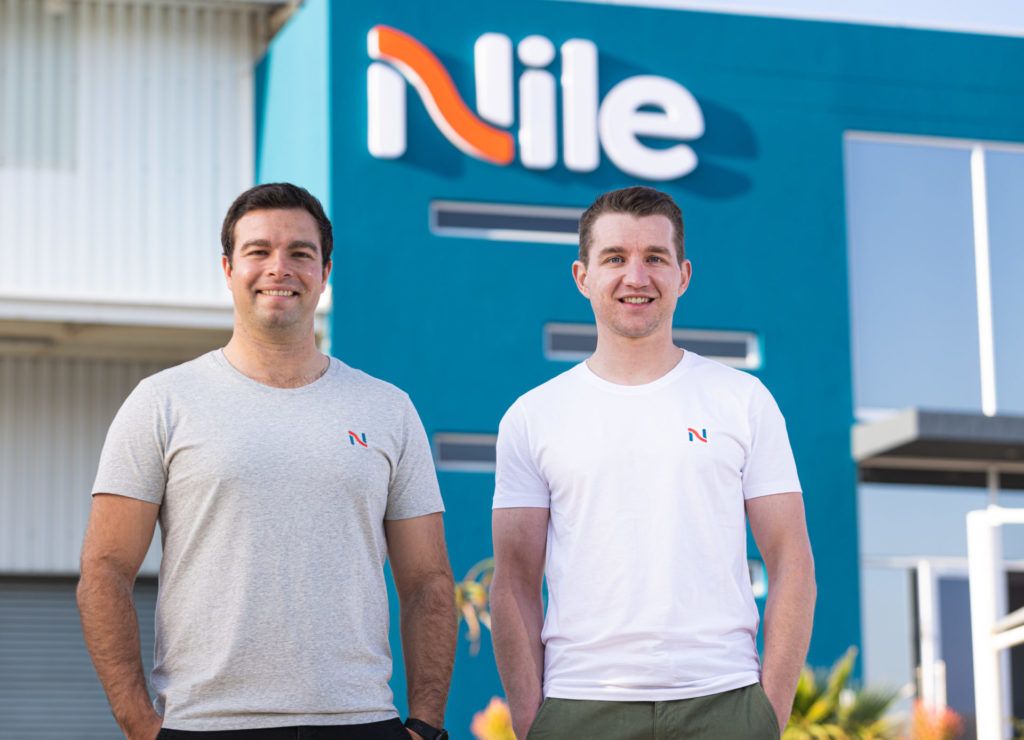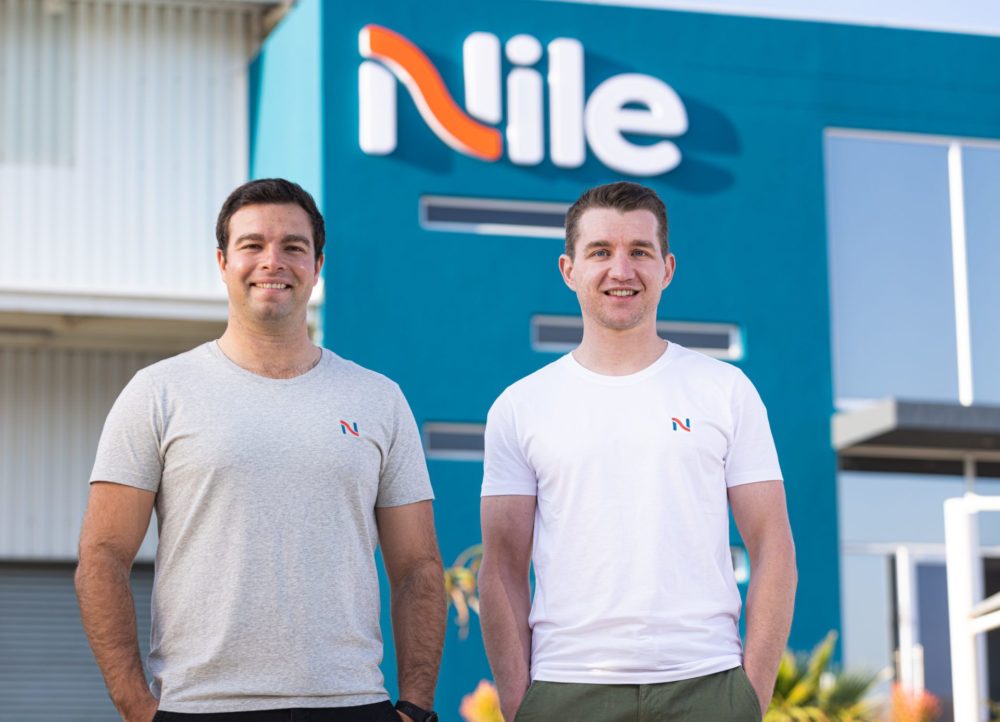Nile, a South Africa based online platform connecting suppliers of fresh produce to commercial retailers, announced it had raised $5.1 million earlier this week.
- The round was led by Naspers Foundry, a VC fund linked to internet company Naspers. It invested $2.5 million of the round total, marking its tenth investment since launching in 2019.
- Also participating in the round were new investors Platform Investment Partners, Raba Capital, and Base Capital.
Already operating in 35 cities and towns in South Africa, Botswana, Eswatini, Mozambique, and Namibia, Nile is looking to expand beyond the Southern Africa region and into Eastern and Western African following the raise.
Why it matters:
Africa’s farmers often do not get best prices they can get for their produce, as multiple middlemen between them and buyers complicate the supply chain and add costs.
Online marketplaces like Nile are out to solve this by digitalizing the value chain and providing logistics. This gives farmers more direct access to buyers, enabling them to negotiate fairer prices for their produce. It also allows farmers to reach more customers, more quickly.
“Africa’s food systems are fragmented, leading to information dissymmetry, which in turn leads to too many intermediaries that capture much of the value,” Nile co-founder Louis de Kock tells AFN.
“With fewer intermediaries […] farmers capture more of the upside, and lower food waste as a result of inefficient logistics.”
How it works:
The B2B platform onboards fresh produce suppliers — including both large- and small-scale farmers — who are vetted to guarantee quality.
Buyers — including retailers, wholesalers, and processors — can then browse a live catalog, and place orders with multiple sellers. They pay through the platform and have the option of receiving the goods directly or picking them up at dedicated hubs.

Nile charges farmers a commission which it claims is “significantly” lower than those imposed by conventional intermediaries and other traditional sales channels. It also charges service fees to buyers on the platform.
The startup operates a cross-docking warehouse in Johannesburg, and outsources logistics to third-party providers.
To date, Nile has facilitated the trade of around 30 million kilograms of fruits and vegetables.
“Africa has very high agricultural potential that can only be realized through proper market access for farmers. Platforms [like Nile’s] provide transparency and efficiency and could over time lead to a more efficient market,” De Kock says.
Competitive landscape:
Other startups providing online marketplaces for agricultural products in South Africa include:
- Khula, a mobile platform that allows farmers to sell their produce online and purchase ag inputs at discounted rates
- HelloChoice, for fruit and vegetable growers
- Yebofresh, an e-grocery and household products marketplace that does deliveries to homes, schools, and businesses
What they’re saying:
“Nile provides a fully integrated ecosystem that creates trust between buyers and sellers,” said Fabian Whate, head of Naspers Foundry, in a statement.
“We are excited about the growth potential of this business and its contribution to transforming the trade of fresh produce.”





